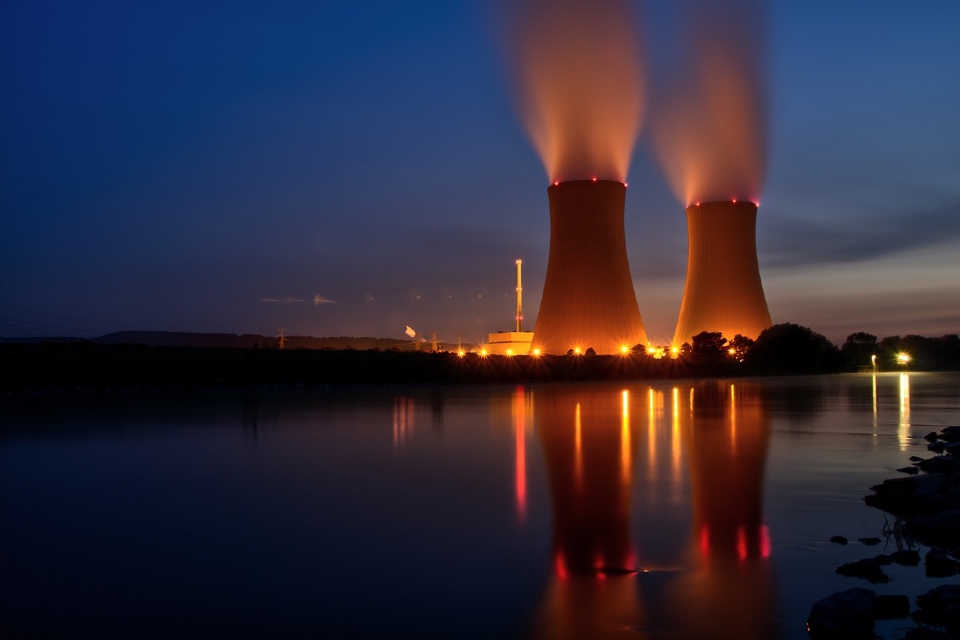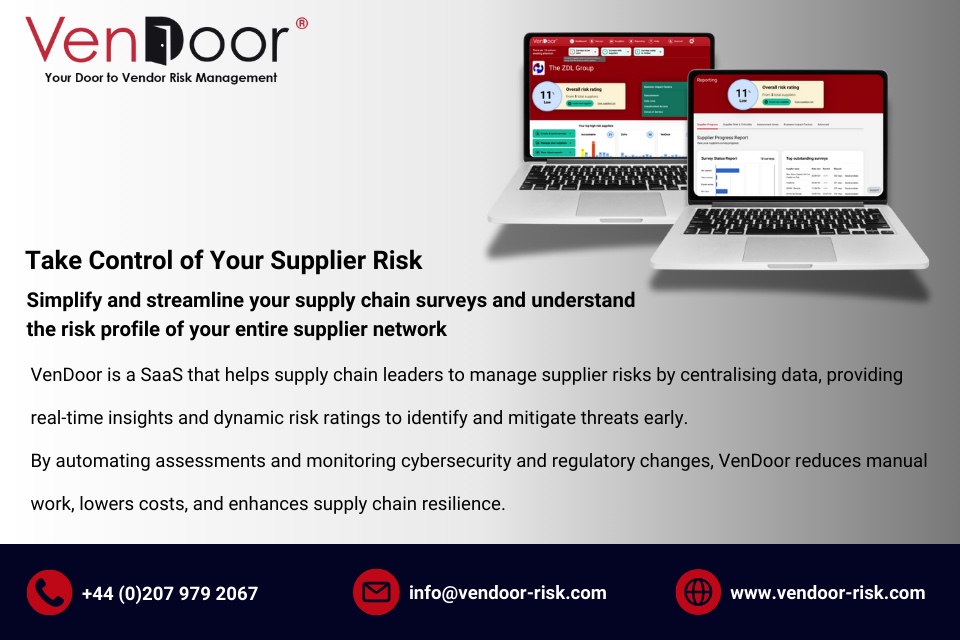With rising global energy prices already causing concern to struggling households, GlobalData warns that there is another risk factor that could push prices even higher: cybersecurity.
The leading data and analytics company notes that many energy companies ushered in technology upgrades to their systems and processes, spurred by the COVID-19 pandemic. However, these were not necessarily adequately protected from cyberattack. Further, rising geopolitical tensions globally have increased the risk of cyberattack exponentially, and the costs of such attacks are often passed on to the consumer.
GlobalData’s latest report, ‘Cybersecurity in Power 2022’, highlights the case study of the Colonial Pipeline attack back in May, which caused a short-term rise of up to $3.05 a gallon in affected areas. The report advises energy companies to invest across the entire cybersecurity value chain with the exception of chip security, and predicts that revenues of global cybersecurity in the energy sector will reach $10 billion by 2025.
Daniel Clarke, Analyst on the Thematic Research Team at GlobalData, said: “Every minute that energy companies delay in addressing their cybersecurity vulnerabilities is another minute in which a cyberattack could occur. This is especially considering heightened geopolitical tensions around the Russian invasion of Ukraine have increased the threat of attacks on the sector. As we saw from the Colonial Pipeline attack back in May, the fallout costs of cyberattacks are often shifted onto the consumer in the form of higher prices, and the last thing we need right now is further rises to energy prices.”
GlobalData’s report notes that the adoption of technologies such as augmented reality (AR), artificial intelligence (AI) and drones will only increase as time goes by. Already, many tasks that would have been performed by a staff member on site, such as asset management and repair, are now being digitalized via the means of AR—whereby workers speak to experts using an AR headset. However, there can also be vulnerabilities closer to home, with many people unaware that smart meters aren’t secure.
Clarke continued: “The perfect storm has been brewing in the energy sector. An existing wave of digitalization, further accelerated by COVID-19, has meant that energy companies are more connected than ever before, increasing the opportunities for potential cybercriminals. If companies are digitalizing their operations without commensurately investing in cybersecurity, they are increasing their risk of a cyberattack. Companies need to manufacture connected devices such as smart meters better so that they are more secure before they are used by consumers or through the smart grid.”
Increased digitalization, combined with a new era of geopolitical competition, has meant that cyberattacks are increasing in both volume and severity.
“The Russia-Ukraine war has shown the importance of energy, in terms of both steady supply and price, for the full functioning of every other sector. The energy sector underpins everything. The energy sector is consistently one of the most attacked sectors. As a result, energy companies around the world vulnerable to cyberattacks.”







